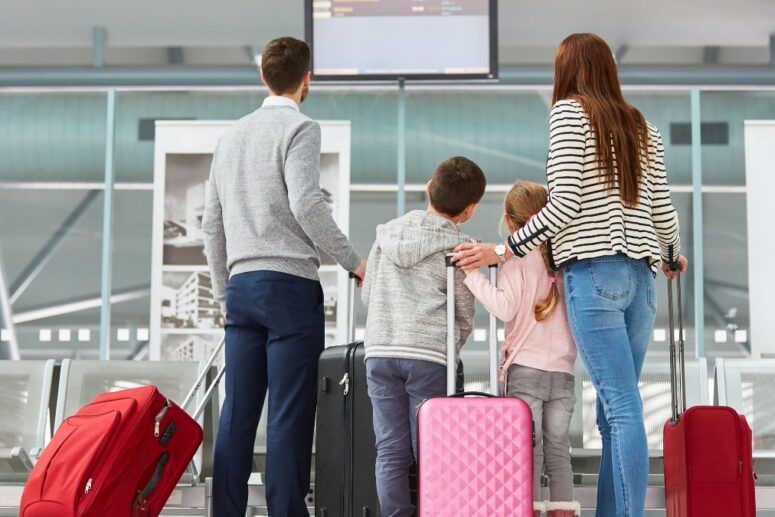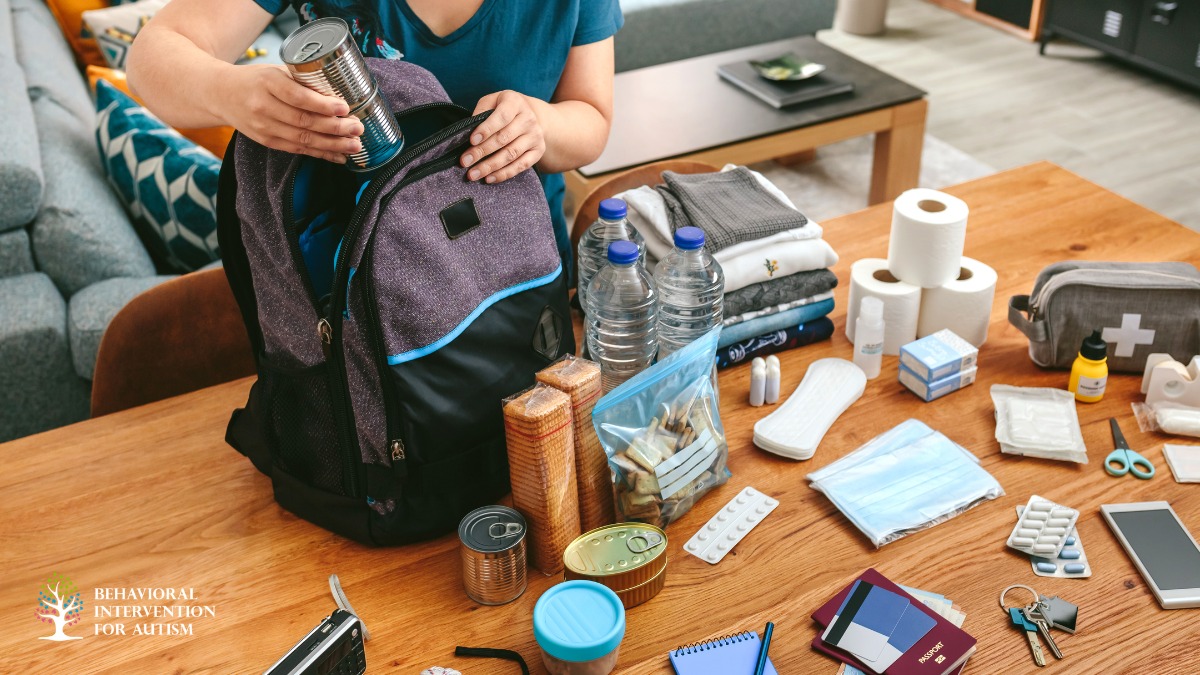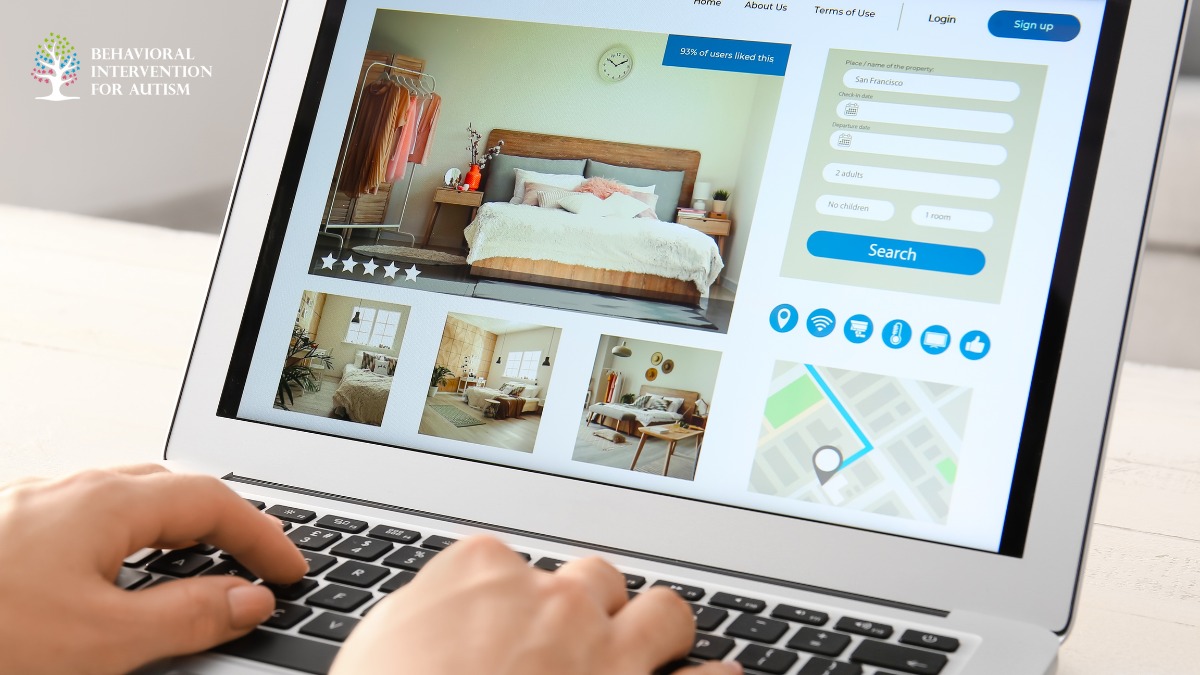
Table of Contents
Traveling can be exciting, but for individuals with autism, it may come with unique challenges. Sensory sensitivities, routine disruptions, and unfamiliar environments can make trips overwhelming, especially when executive functioning skills like planning and adaptability are put to the test. However, with thoughtful preparation, travel can be an enjoyable experience. Here are eight autism-friendly travel tips to ensure a smoother, stress-free journey.
Plan and Prepare in Advance
Preparation is crucial for a successful trip.
- Research your destination to understand the environment, crowd levels, and available autism-friendly accommodations.
- Use visual schedules or social stories to explain the trip itinerary to your child.
- Call ahead to inquire about any accommodations for individuals with autism.
- Pack familiar items such as favorite toys, snacks, and noise-canceling headphones to create a sense of comfort.
Choose Autism-Friendly Destinations
Selecting a destination that caters to the needs of autistic individuals can enhance the travel experience.
- Look for resorts, theme parks, or hotels that offer sensory-friendly accommodations.
- Consider destinations with quiet spaces and designated relaxation areas.
- Choose less crowded attractions or off-peak travel times to reduce sensory overload.
- Seek out travel agencies or tour guides that specialize in autism-friendly travel.
Prepare for Airport and Security Procedures
Airports can be challenging due to long lines, security checks, and unpredictable noises.
- Contact airlines and TSA to request special accommodations, such as pre-boarding privileges.
- Use TSA Cares programs or similar services that assist travelers with disabilities.
- Practice airport procedures at home using videos or role-playing exercises.
- Bring documentation of autism diagnosis if needed for additional support from staff.
Create a Sensory Travel Kit
A well-packed sensory kit can help manage sensory sensitivities throughout the journey.
- Include noise-canceling headphones to block out overwhelming sounds.
- Pack fidget toys, weighted blankets, or compression clothing for self-regulation.
- Bring sunglasses or a hat to reduce exposure to bright lights.
- Have a variety of preferred snacks to accommodate dietary needs and comfort.
Maintain Routine as Much as Possible
Consistency is vital for many individuals with autism.
- Stick to regular meal times and bedtime routines, even when traveling.
- Use a visual schedule to provide structure and predictability.
- Identify familiar activities that can be replicated during the trip, such as reading a favorite book before bedtime.
- Communicate any upcoming changes clearly and calmly to reduce anxiety.
Utilize GPS and Identification Tools
Safety is a top priority when traveling with an autistic individual.
- Use GPS tracking devices or smartwatches to ensure safety in unfamiliar places.
- Consider ID bracelets with emergency contact details in case of separation.
- Take a photo of your child each morning to have a recent reference if needed.
- Teach your child how to identify a safe adult (e.g., police officer, hotel staff) in case they need assistance.
Book Accommodations with Special Considerations
Choosing the right lodging can significantly impact your travel experience.
- Request quiet rooms away from high-traffic areas to minimize noise disturbances.
- Check if the hotel provides autism-friendly amenities, such as dimmable lights or blackout curtains.
- Look for accommodations with in-room kitchens to manage dietary restrictions more easily.
- Ensure staff is trained in assisting individuals with autism for a more supportive experience.
Have a Backup Plan
Unexpected situations can arise, so having contingency plans is essential.
- Prepare alternative activities if an attraction becomes too overwhelming.
- Identify nearby quiet places where your child can take a break if needed.
- Keep emergency contacts and local support resources readily available.
- Stay flexible and be ready to adjust plans based on your child’s comfort level.
Traveling with an autistic child requires extra preparation, but it can be an enriching experience with the right strategies in place. By planning ahead, considering sensory needs, and maintaining routines, you can create a positive and enjoyable travel experience for your family. Implement these autism-friendly travel tips, and embark on your next journey with confidence!
Plan Your Stress-Free Trip With Expert Support
Traveling with a child on the spectrum can feel overwhelming, but the right strategies make all the difference. We’re here to help you navigate challenges with ease, offering expert guidance tailored to your child’s unique needs. From preparation tips to sensory-friendly travel ideas, we provide actionable solutions that promote comfort and enjoyment. Behavioral Intervention for Autism specializes in personalized ABA therapy services designed to build confidence and independence in new environments. Let’s create a travel experience that’s enjoyable for the whole family. Reach out today to learn more about how we support families through ABA therapy in Florida!
Sources:
- 9 Common Obsessions of Children With Autism You Should Know - February 25, 2025
- What is Neurodiversity? A Guide to Embracing Differences - February 25, 2025
- Understanding Hyperfocus in Autism: What It Means and Why It Happens - February 25, 2025


